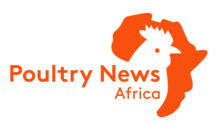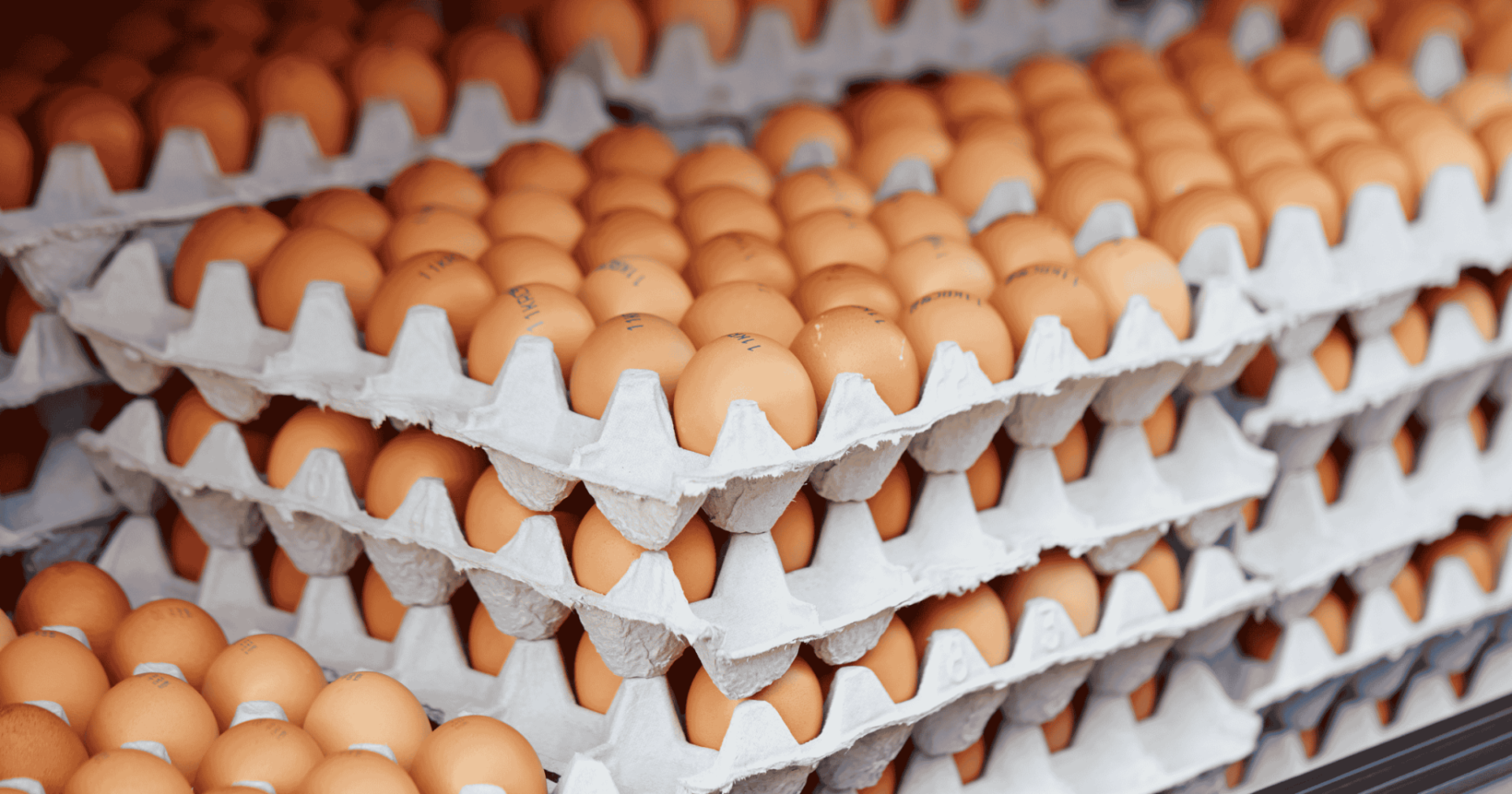Plateau State, known for its cool and temperate climate, is steadily earning national recognition as Nigeria’s hub for high-quality egg production. Poultry farmers in the region proudly claim that their eggs are among the best in the country—stronger, fresher, and more nutritious than those from other regions. During the recent celebration of World Egg Day, the Poultry Association of Nigeria (PAN), Plateau Chapter, highlighted the unique qualities that make their eggs stand out, crediting the region’s favourable weather, skilled farmers, and disciplined poultry management practices.
According to the association’s chairperson, Mrs. Shinkur Angela Jima, the Plateau environment provides a perfect natural advantage for poultry farming. She explained that, unlike many other parts of Nigeria that experience extreme heat, Plateau’s mild temperatures and moderate humidity create optimal conditions for bird health and egg preservation. “Our eggs can stay fresh for up to a month without losing quality,” she noted. “This is something farmers from hotter regions can rarely achieve because high temperatures tend to reduce shelf life and egg strength.”
Mrs. Jima emphasized that while Nigeria remains Africa’s leading egg producer—with more than a billion eggs produced annually—local consumption remains disappointingly low. Despite the impressive production levels in Plateau, many eggs leave the state because local markets cannot absorb the supply. “Most of our farmers depend on middlemen who transport eggs to other parts of the country, often buying them at very low prices,” she lamented. “This makes it difficult for our poultry producers to earn fair profits, especially with the rising cost of feed, drugs, and energy.”
Mr. Caleb Menegbe, Chief Executive Officer of Kukuruku Agro Concept in Jos, added that Plateau eggs enjoy a remarkable reputation beyond state borders. He revealed that between 70 and 80 percent of eggs produced in Plateau are sold to regions such as the North East and even exported informally to neighbouring countries like Cameroon and Niger. “People in those regions prefer Plateau eggs because they are larger, cleaner, and last longer,” he explained. “They’ve become an essential part of daily meals—especially for families that take eggs with tea every morning.”
Locally, however, the story is different. Plateau residents consume fewer eggs compared to the quantities being exported. Mrs. Amorudu Husseni, a farmer from Bukuru in Jos South, said that most of her eggs are bought by traders who travel from Abuja, Borno, and Gombe. She attributes her product’s consistent demand to the strength of the eggshells, the freshness, and the natural preservation offered by the climate. Another poultry farmer, Mr. Victor Ameh, noted that the cooler environment keeps the birds stress-free, which improves egg quality, taste, and yolk colour. “Our birds are comfortable and productive all year round. The result is a better egg,” he said proudly.
Still, farmers face rising operational costs. According to Jima, the financial burden of raising poultry has tripled in recent years. “It now takes between ₦10 million and ₦12 million to raise 1,000 birds to the point of laying eggs,” she said. The price hike in feed ingredients like maize and soybeans, coupled with power shortages, transport challenges, and inflation, has made poultry farming less profitable for many smallholders. Despite this, most farmers remain committed, relying on innovation, local feed production, and community cooperatives to stay afloat.
Even with these challenges, Plateau poultry farmers remain optimistic. They believe their comparative advantage—rooted in the state’s unique topography and weather—positions them as Nigeria’s leader in quality egg production. As they continue to advocate for increased local egg consumption and better government support through subsidies and infrastructure, these farmers envision a future where Plateau State becomes the benchmark for sustainable and premium egg production across Africa.
In essence, the Plateau egg story is not just about agriculture—it’s about resilience, innovation, and a deep-rooted commitment to quality. With continued support and awareness, the “home of the best eggs in Nigeria” could soon become a global brand in the poultry world.



